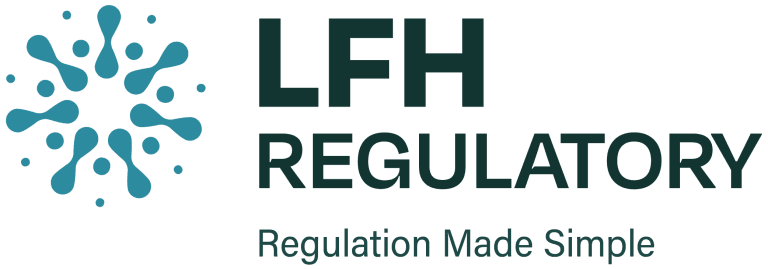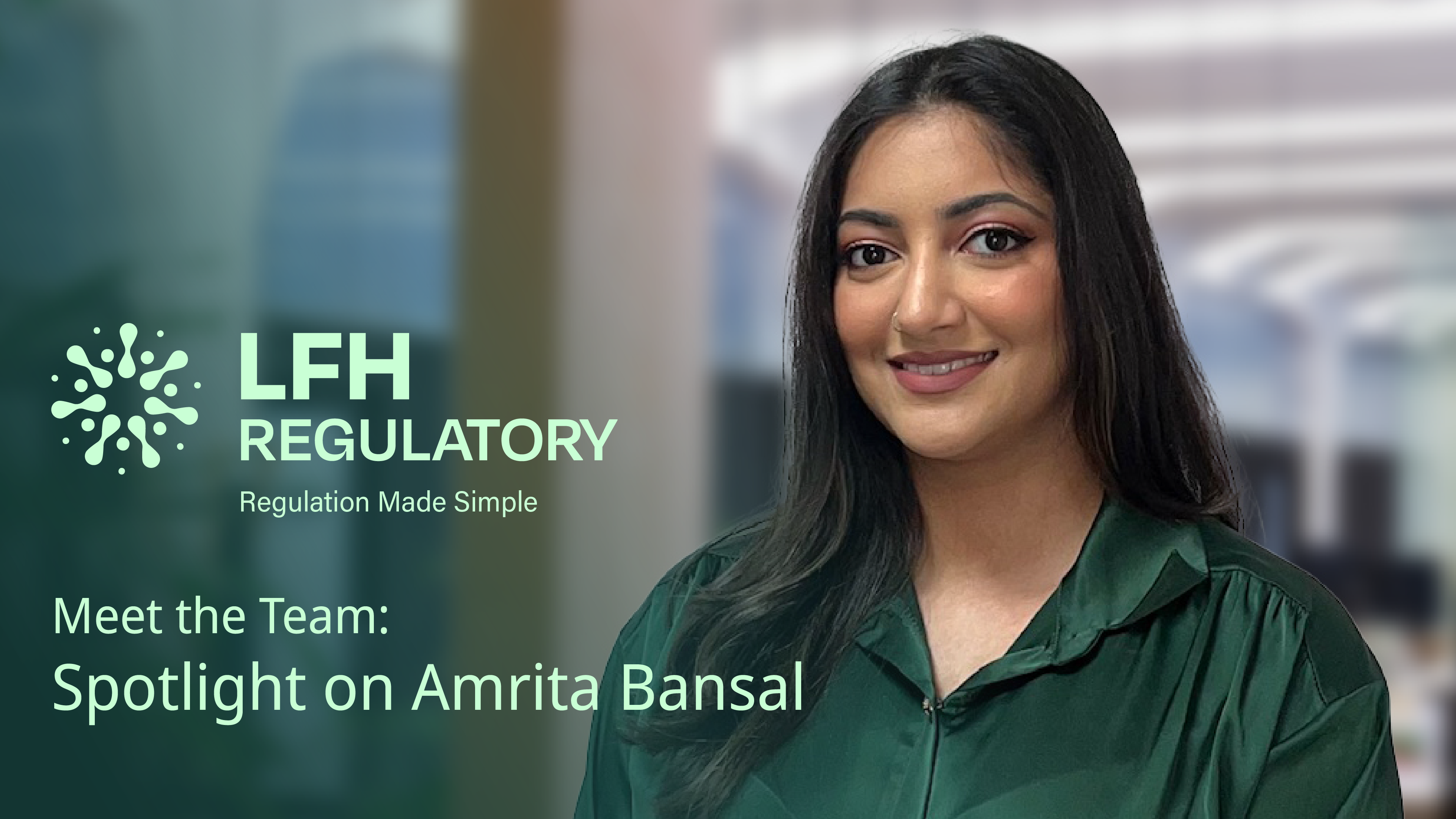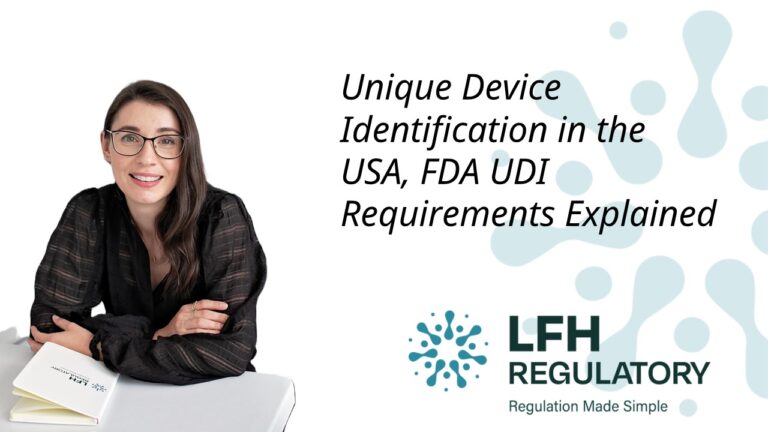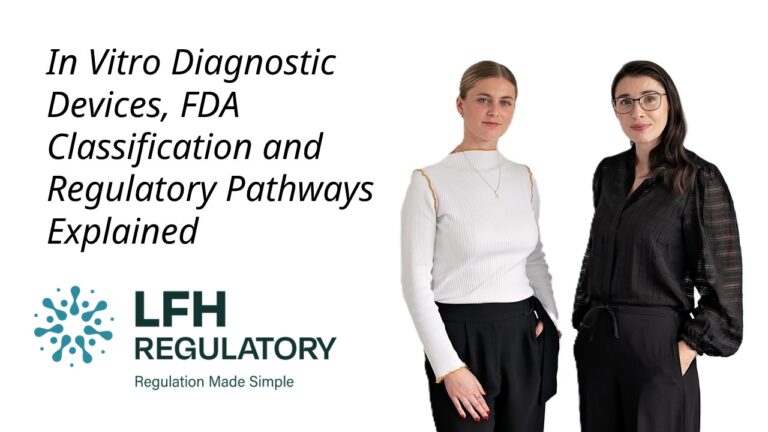As part of our ongoing series highlighting the talented professionals at LFH Regulatory, we spoke with Amrita Bansal, a Quality Assurance and Regulatory Affairs (QA/RA) Consultant, about her career journey, key challenges in the field, and advice for those looking to enter the industry.
Can you give us an overview of your role?
My role is diverse and dynamic. I handle UKRP registrations, compile technical files, implement ISO 13485 QMS systems, and work on a vast array of other projects. I also oversee regulatory intelligence for the team, ensuring we stay up to date with the latest industry developments.
What inspired you to pursue a career in biomedical science and later in regulatory affairs?
I have always been fascinated by how science improves people’s lives and their quality of life. While studying biomedical science, I was drawn to understanding disease mechanisms and how medications interact with the body. This led me to explore regulatory affairs, where I discovered its crucial role in patient safety. The ever-evolving nature of this field, combined with the opportunity to work on innovative therapies, keeps me engaged and excited.
What attracted you to LFH Regulatory, and how has your journey been so far?
I previously worked for manufacturers, which provided invaluable experience, but I was drawn to LFH Regulatory because of its diversity. Regulatory consultancy wasn’t initially on my radar, but I can confidently say that joining LFH was the best decision. The development and support I’ve received have been second to none. In a short time, I have been exposed to a wide range of projects, deepening my knowledge in areas such as software as a medical device and the emerging EU AI Act regulations.
You’ve worked with medical devices across all classifications—what are some key challenges that come with managing such a diverse range of products?
The main challenge is understanding how regulations apply to different classifications and how that impacts their route to market. A Class III device has a far more intricate route to market compared to a Class I device. However, I have found that staying up to date with evolving global regulatory requirements is crucial across all classifications as some regions can vary slightly in their requirements, whilst other regions have local adaptations of standards and documents that must be adhered to, this add another layer of complexity to take into account when building your regulatory strategy.
Can you share a particularly rewarding project where your regulatory expertise made a significant impact?
The most meaningful project I’ve worked on involved helping to bring ostomy bags to the UK market. A few months after the successful launch of this product, a close family member of mine underwent emergency gastric surgery which resulted in them needing a stoma bag. The hospital was using the same ostomy bags I had helped launch soon before. Being able to see the same product I had helped bring to market that helped my family member was truly impactful. I saw in real time the importance of our jobs, and reinforced how crucial regulatory compliance is to ensure people receive safe and effective therapies. This reinforced my passion for my work
What does a typical day look like for you as a QA/RA Consultant?
No two days are the same, and that’s exactly how I like it! The work is fast-paced, varied, and requires me to hit the ground running on every project. As a consultant, my job is to provide the best possible support to clients. If I had to summarise my role in two words, they would be ‘challenging’ and ‘fulfilling.’
You play a key role in Regulatory Intelligence—why is keeping up with evolving regulations so important, and how do you stay ahead of changes?It’s essential to always monitor emerging regulatory intelligence, especially right now for companies developing medical device software and/or integrating AI into their products. The regulatory landscape is constantly shifting, and staying informed can feel overwhelming. To help with this, I recommend setting up a robust system dedicated to tracking regulatory changes. It’s also important to track draft guidance, regulations, and standards in review—this helps businesses prepare for upcoming changes rather than reacting to them. If you need support in this area, LFH Regulatory is here to help!
What advice would you give to someone looking to start a career in regulatory affairs?
Go for it! This is an exciting time to enter the field as healthcare moves further into AI and digital innovation. There’s always something new to learn, whether it’s attending conferences or tackling emerging regulations. Regulatory affairs is not a field where you can ever know everything, which makes it perfect for those who thrive on continuous learning.
Outside of work, what do you enjoy doing in your free time?
Like many, I enjoy unwinding with guilty pleasure reality TV or a good book. But my true passion lies in new experiences—traveling, exploring different cultures, and discovering new food spots. LFH Regulatory offers a great work-life balance, allowing me to pursue these interests alongside my career.
Stay tuned for more insights from our team as we continue to showcase the people driving LFH Regulatory forward.
- Laura Friedl-Hirst
- Laura Friedl-Hirst
- Laura Friedl-Hirst
- Laura Friedl-Hirst
- Laura Friedl-Hirst
- Laura Friedl-Hirst
- Laura Friedl-Hirst
- Laura Friedl-Hirst
- Laura Friedl-Hirst
- Laura Friedl-Hirst
- Laura Friedl-Hirst
- Laura Friedl-Hirst
- Laura Friedl-Hirst
- Laura Friedl-Hirst
- Laura Friedl-Hirst
- Laura Friedl-Hirst
- Laura Friedl-Hirst
- Laura Friedl-Hirst
- Laura Friedl-Hirst
- Laura Friedl-Hirst
- Laura Friedl-Hirst



